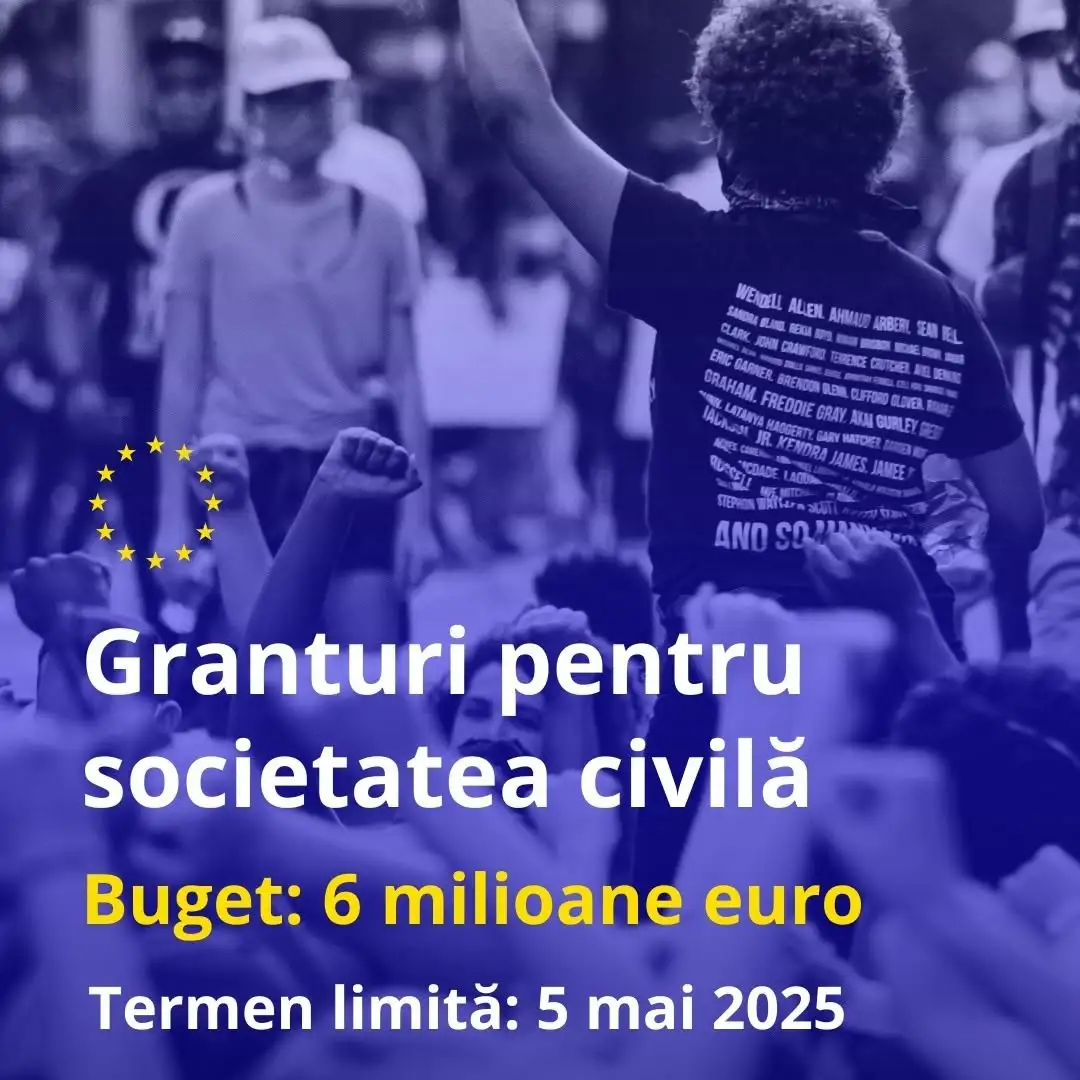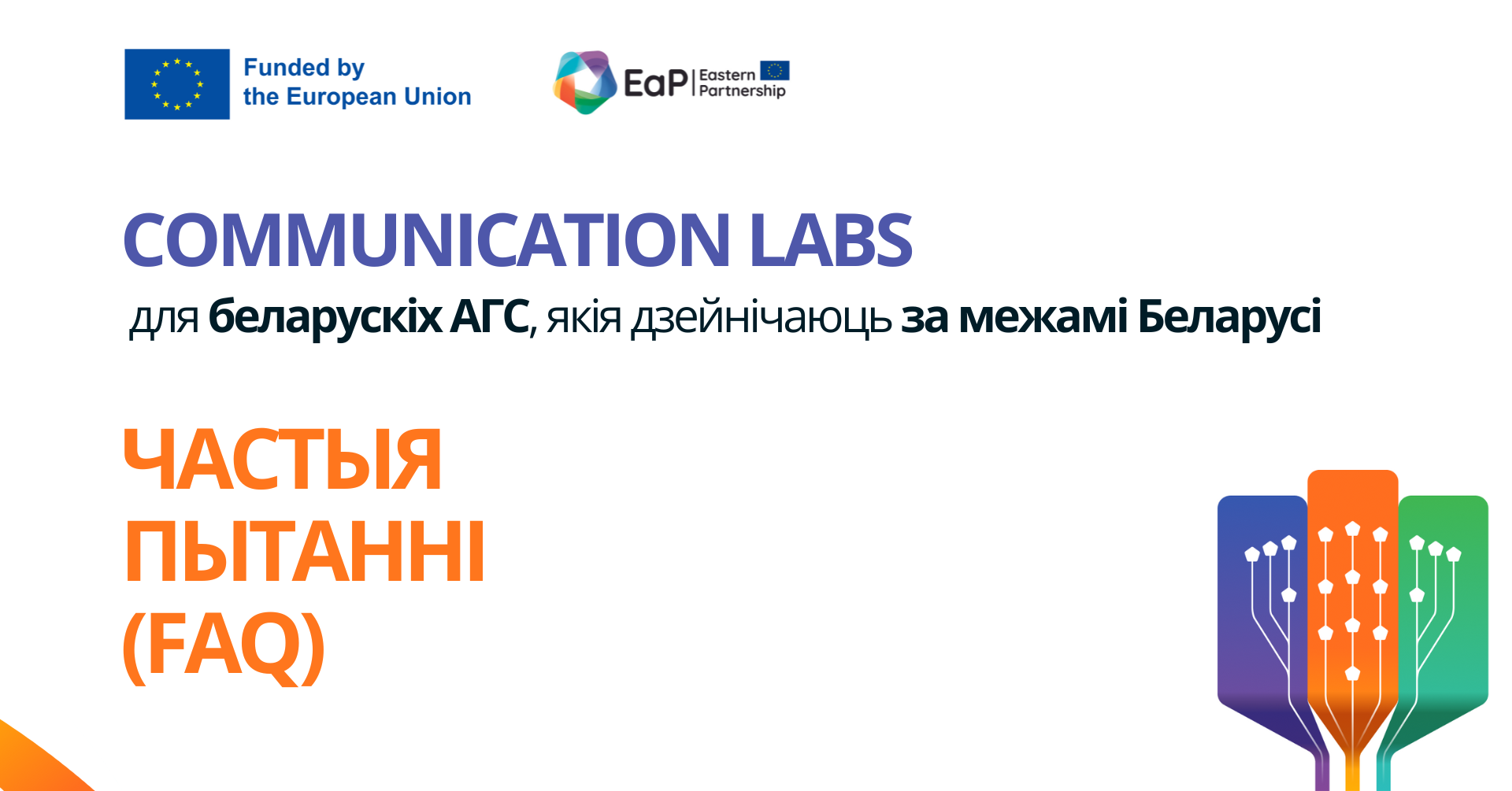We’ve compiled a list of frequently asked questions to help you navigate the application process and participation in the Communication Labs. Whether you’re wondering about eligibility, time commitment, or safety measures, this FAQ provides clear and practical answers. If you don’t find the information you need, feel free to reach out to our team for further clarification at [email protected].
1) Some members of our team have travel restrictions and are unable to attend the Kick-off event in Poland due to paperwork pending in other EU countries. Can we still apply?
Yes, you can still apply. We are aware of such challenges and encourage your team to submit your application. Alternative arrangements can be explored to ensure your team can fully participate in the programme.
2) Our organisation had to relocate several times since 2021, and we had to register a new organisation in every country. Our current organisation was registered only a few months ago. Is it eligible to apply?
Yes, it is eligible. You need to demonstrate that your organisation is currently officially registered as a legal entity, and you and your organisation in whatever status have at least 2 years of experience working on the issue you want to address within your communication campaign.
3) Are travel expenses covered for the Kick-off event in Poland for team members travelling from other EU countries?
Yes, travel expenses for participation in the Kick-off event in Poland are covered by our EU-funded Project for participants travelling from other EU or EaP countries. This includes transportation, accommodation, and meals.
4) Can team members who are not Belarusian citizens participate in the programme?
Yes, team members who are not Belarusian citizens can participate, for example, in the following circumstances:
- An originally Belarusian person has changed their citizenship.
- They are citizens of the EU or other EaP countries, part of the operational team of a Belarusian CSO operating outside of Belarus and critical to the campaign’s implementation due to their expertise, experience, or strategic role within the CSO. Such situations will be considered on a case-by-case basis and need to be mentioned in your application.
5) Can individuals apply, or does it have to be an organisation?
Applications must come from organisations, not individuals. However, individuals can participate as team members representing their organisations or initiatives. Only the lead applicant must represent a registered organisation (the applying CSO), other team members may represent the lead applicant’s organisation, or another civil society organisation, civic movement or initiative group from the applying CSO’s network.
6) How many hours per week should participants dedicate to the capacity-building programme, including mentoring sessions and campaign design?
Participants should anticipate dedicating approximately 2-3 hours per week to the mentoring sessions, and 3-4 hours per week (on average) to work with your team on developing your campaign. However, the workload may vary depending on the specific stage of the programme and the complexity and scope of your campaign concept.
7) What happens if our circumstances change during the programme, and we are unable to complete it?
We understand that unforeseen circumstances may arise, especially for organisations in exile. If such a situation occurs, we encourage you to communicate with the Project team immediately to discuss alternative arrangements or solutions.
8) If we try to reach audiences in Belarus, will we be required to display the EU logo on public materials?
We understand the sensitive nature of operating in such contexts. If your campaign targets audiences in Belarus where public visibility poses risks, you may ask for the visibility derogation, it means not to use the EU logo publicly. However, this must be discussed and agreed upon with the Project team in advance.
9) Can we use TikTok as the main communication channel for our campaign, given its reach and engagement with our target audience in Belarus?
Yes, you can use TikTok as a communication channel for your campaign. The choice of communication channels should align with your campaign goals and should be based primarily on your target audience. If TikTok is the most effective way to reach them, you can include it in your strategy. However, security must be a priority – both for your team and your audience. We encourage a risk-aware approach and recommend complementing TikTok with other platforms like Instagram Reels, YouTube Shorts, Telegram, etc.. If selected, you will have the chance to refine your strategy with mentors and experts.
10) What kind of reporting or documentation is expected from participants during or after the programme?
During the capacity-building stage, participants will have regular check-in meetings with the Project team. These meetings will help assess progress, identify any challenges, and provide the necessary support. At the end of this stage, participants will need to submit a final campaign proposal. No specific formal reporting is required during the capacity-building phase.
Participants selected to receive funding shall submit narrative and financial reports on the implemented campaigns, once mid-way through the campaign implementation and upon its completion. These reports will include details on the campaign progress and expenses incurred, along with supporting financial documents, e.g. invoices, proofs of payment, etc.
11) How is the safety of participants ensured throughout the programme?
The safety and security of participants are our highest priorities. We take a number of measures to ensure confidentiality and protection, recognizing the particular challenges faced by Belarusian activists operating outside of Belarus. All participant information is treated with the utmost confidentiality, and we strictly adhere to the principle of “do no harm.” Personal data will never be shared without consent, and sensitive discussions will always take place using secure communication methods. All interactions and programme activities are guided by trust, empathy, and a clear understanding of the unique challenges faced by Belarusian CSOs and activists. Participants are encouraged to communicate any concerns about safety, and we will work together to address and mitigate risks.




